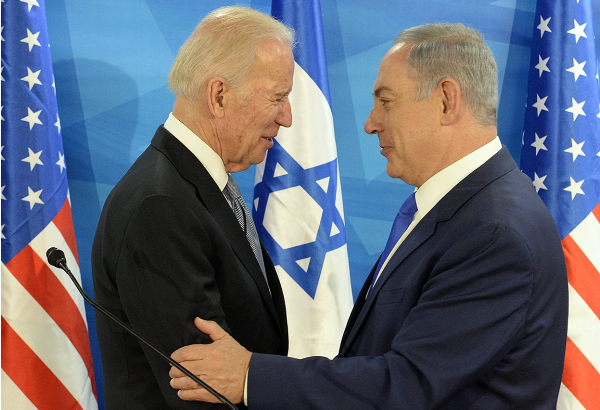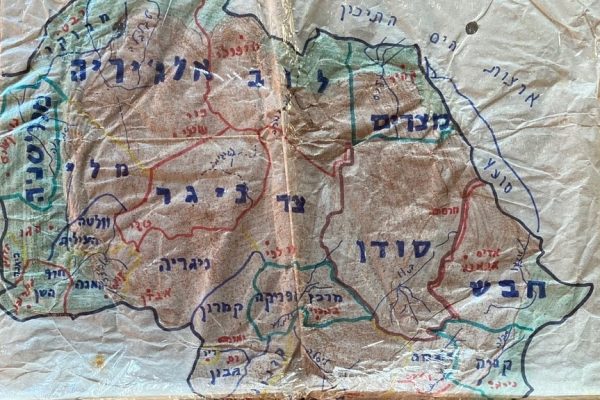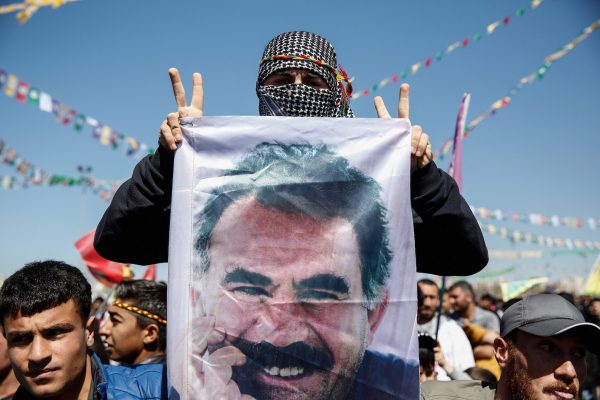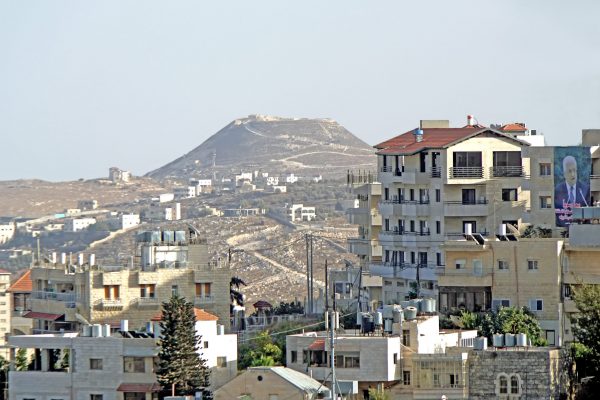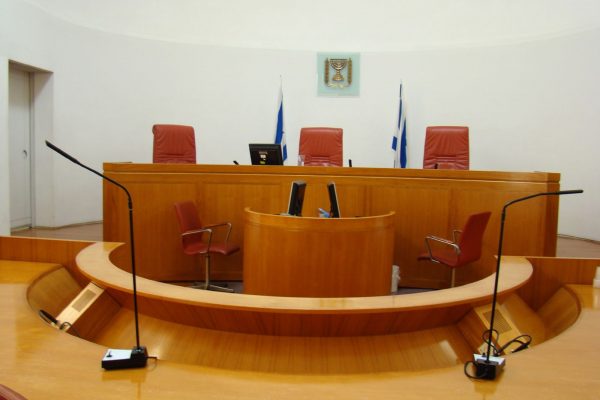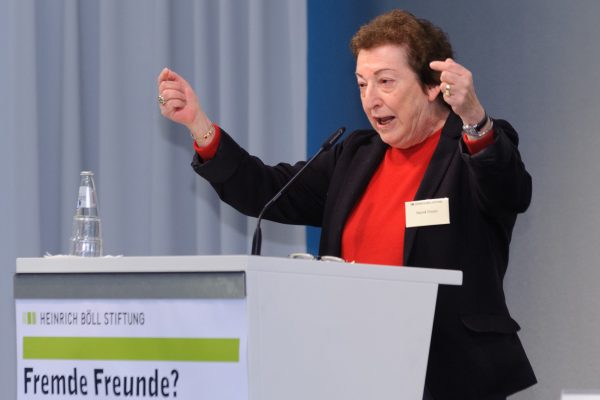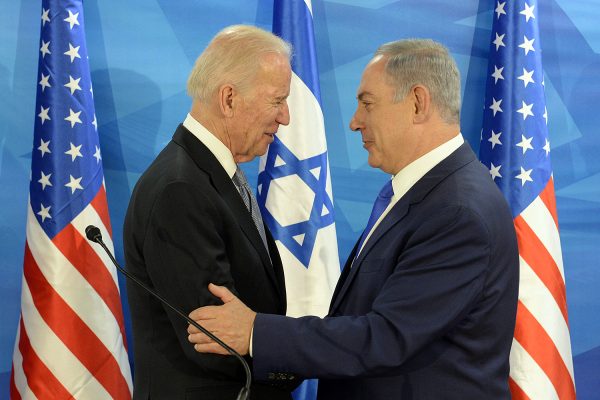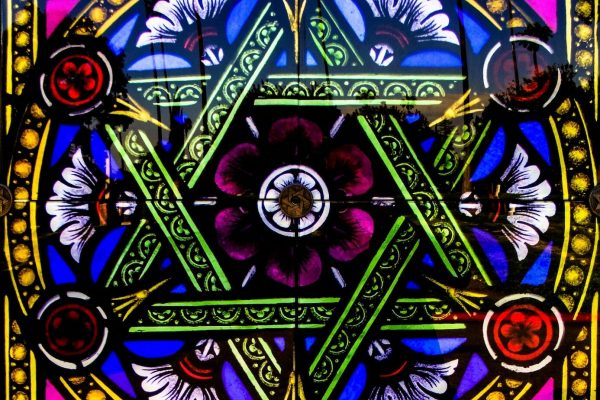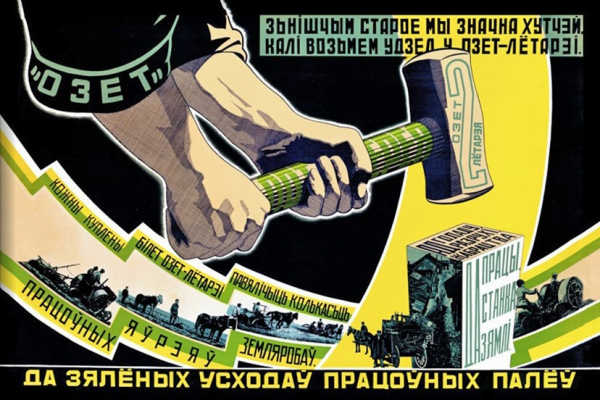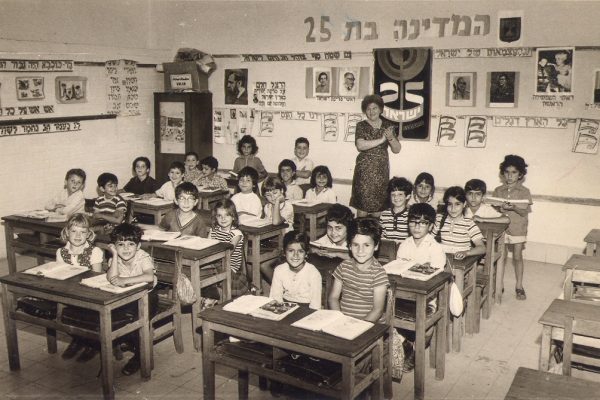For months, Israeli protesters have assembled in massive numbers, motivated by opposition to judicial reforms proposed—and now partially enacted—by the current far-right government. Protesters say the reforms, which weaken courts’ power to review and strike down legislation, pose an existential threat to Israeli democracy.
For progressives in the United States, the situation may appear puzzling. In recent years they have typically argued the opposite: the courts’ power must be reined in to prevent democracy from being undermined by “juristocracy,” rule by unelected judges. According to Jacob S. Abolafia and Jonathan S. Gould, however, whether the courts help or hinder democracy depends on context. In Israel, the “lawmaking system has many fewer veto points than the American one,” making the courts an essential check on the power of a legislature that “is less likely to protect the rights of minorities than the U.S. Congress.” In the U.S., on the other hand, “overly empowered courts further bog down a frustratingly veto-heavy legislative docket.” Given the differences between the two political systems, it makes sense that pro-democracy activists in each country would adopt opposed attitudes toward the role of the courts.
Of course, talk of Israeli democracy is likely to seem rather hollow to Palestinians, whose subordinate status and lack of civil rights has been classified as apartheid by major human rights groups. To understand how Israel’s current far-right coalition came to rule, it is necessary not only to examine the demise of the Israeli peace movement and the rise of Kahanism—the racist ideology represented by Israel’s security minister Itamar Ben Gvir—but also to scrutinize the creation of the Israeli state itself, which took place against the backdrop of the Nakba, the violent expulsion and exodus of 750,000 Palestinians that occurred in 1948. Far from a one-time event, the logic of the Nakba continues to shape Israeli politics today. As Raja Shehadeh writes, “more than seventy years after the cataclysmic event, the Israeli army continues to pursue policies based on the denial of Palestinians as a national group entitled to self-determination, consequently violating their civil and human rights.” Israeli democracy ultimately depends on confronting this primal injustice and its ongoing consequences, which many protesters have been reluctant to acknowledge.
In addition to these perspectives, this week’s reading list provides more essential context for understanding current events in Israel. In his review of Eric Alterman’s recent history of U.S.-Israel relations, We Are Not One, Jeremy Pressman explains how American Jews came to identify with Zionism and why, increasingly, they no longer do so; Noura Erakat, Aslı U. Bâli, and Omar Dajani describe efforts to think Palestinian liberation beyond the nation-state; Jennifer Zacharia discusses the IDF’s killing of her cousin, the Palestinian-American journalist Shireen Abu Akleh, in Jenin, where IDF forces recently conducted further operations; Ariella Aïsha Azoulay examines the relationship between language and colonialism and shines a light on the construction of mizrahi Jewish identity; Joshua Abramson Cohen and Ezra Glinter show that Israel as it currently exists is only one, historically contingent, articulation of Jewish national aspirations; and more.
In Palestine and Kurdistan, promising experiments in self-determination draw on the region’s pluralist history.
Palestinian women and feminist organizations are reimagining what liberation can look like beyond national independence.
The courts have become a flashpoint in the United States and Israel—but for very different reasons.
They might, given growing disaffection with Israel among young American Jews.
Daniel Boyarin makes the seemingly paradoxical proposal that in order to end Zionism, Jewishness should be defined as nationhood.
Alternatives to Zionism, from the Uganda Scheme to Birobidzhan, present a complex history of the search for a Jewish home.
Condemning U.S. deference to Israel, a cousin remembers the life and legacy of the slain Palestinian American journalist.
